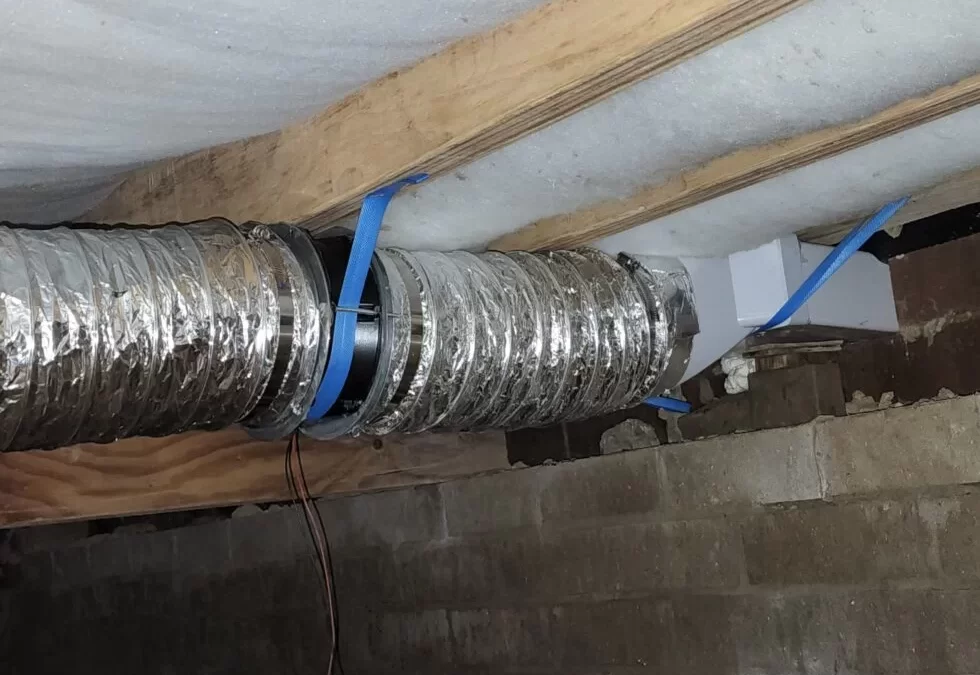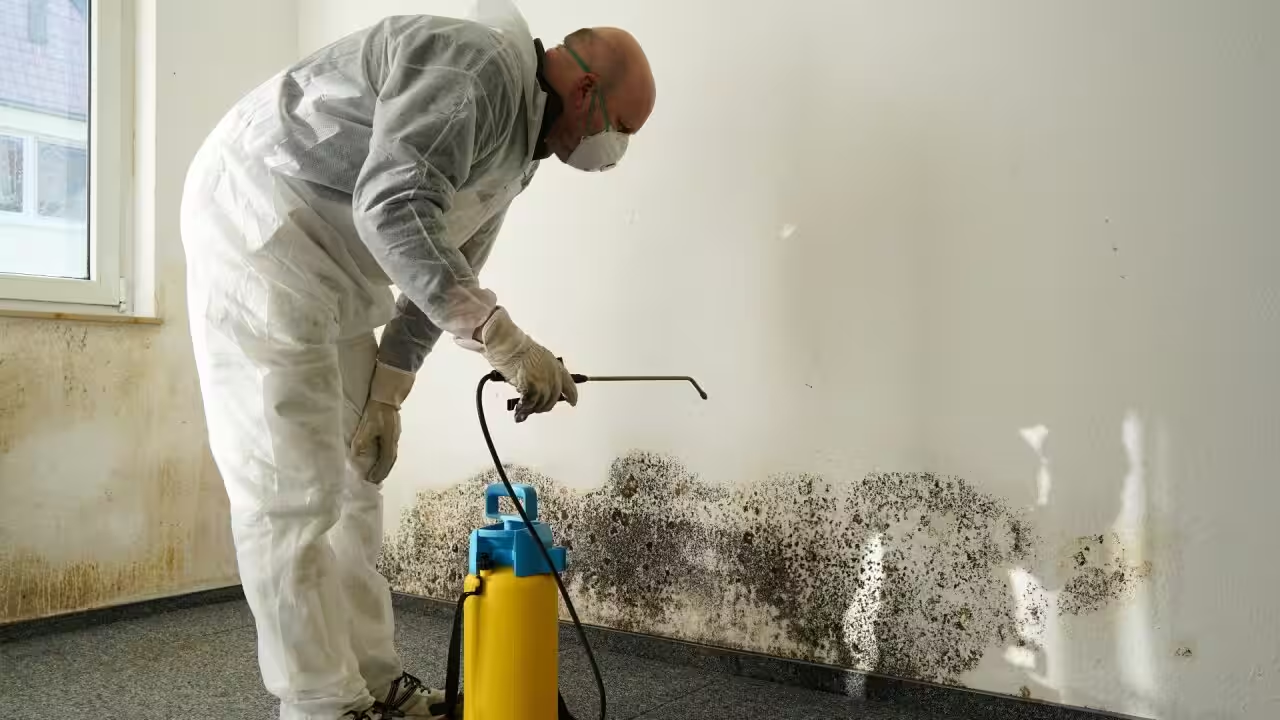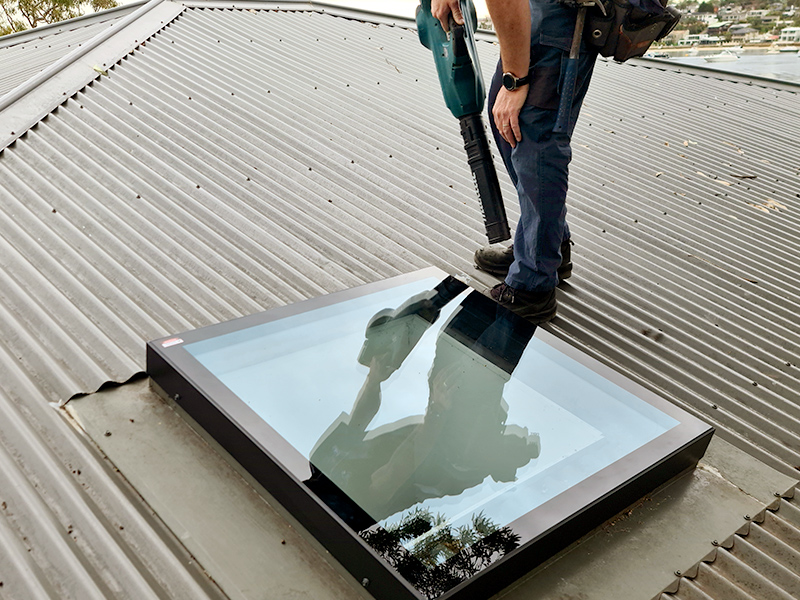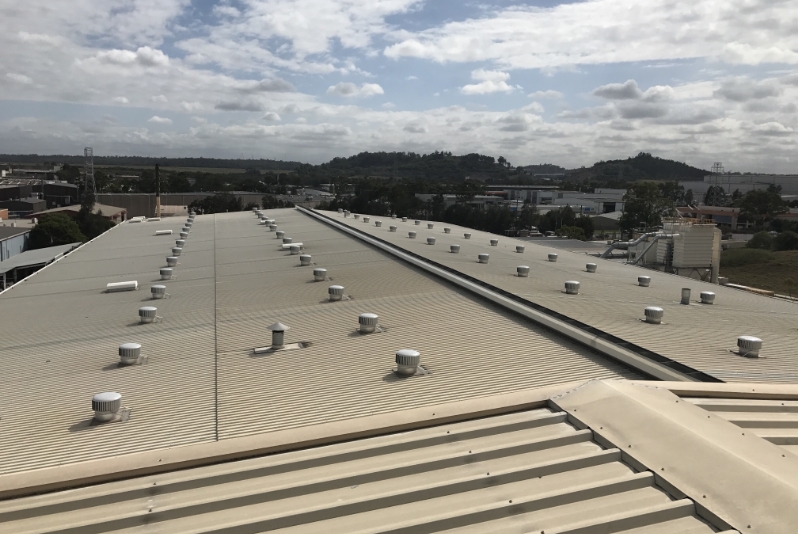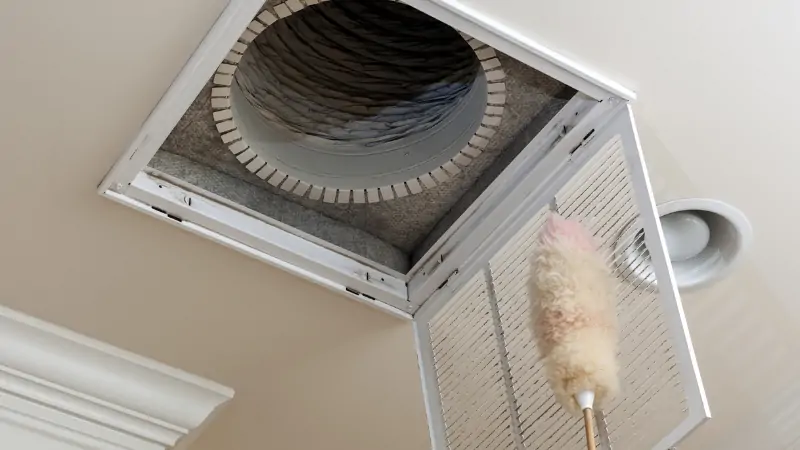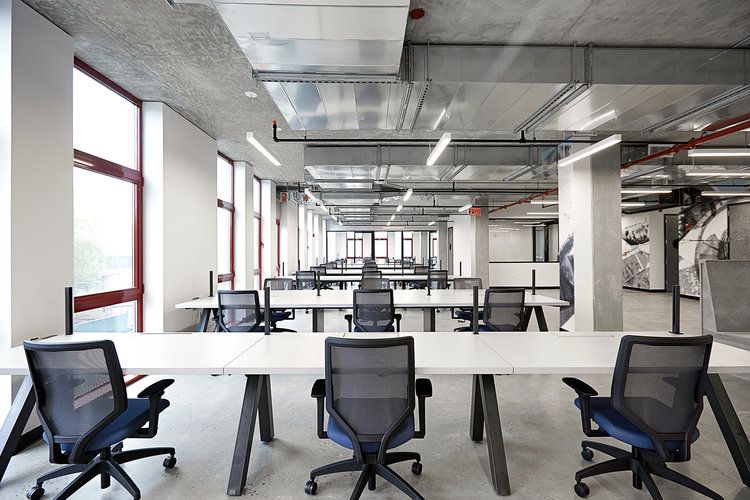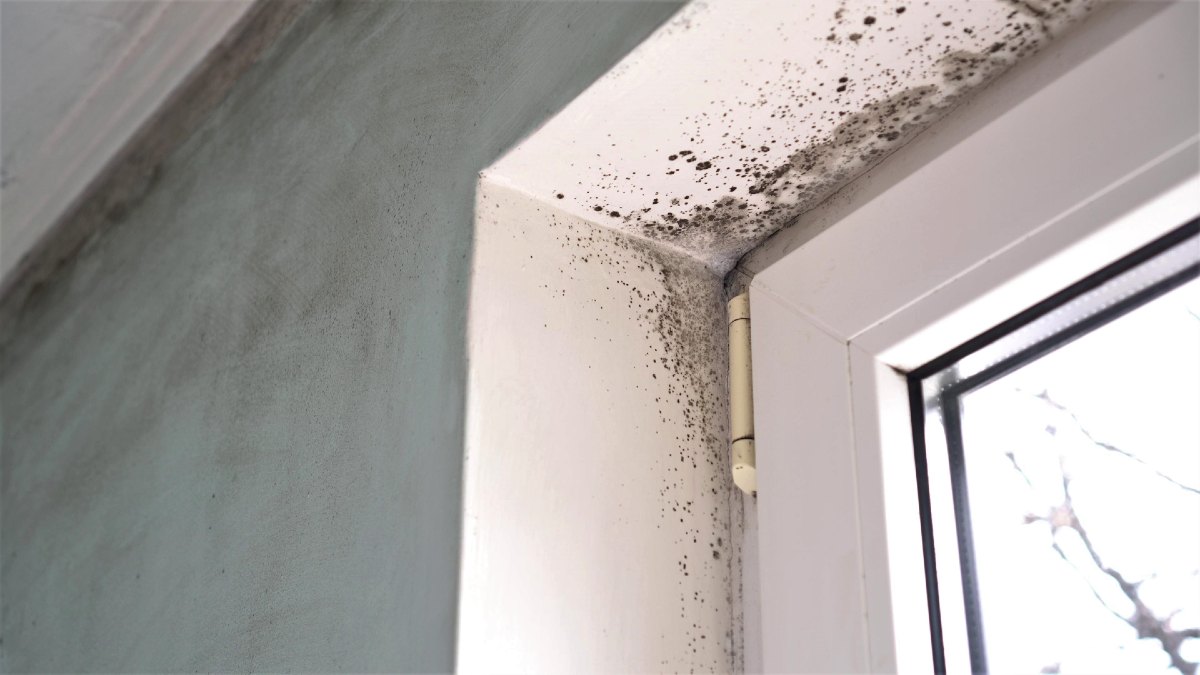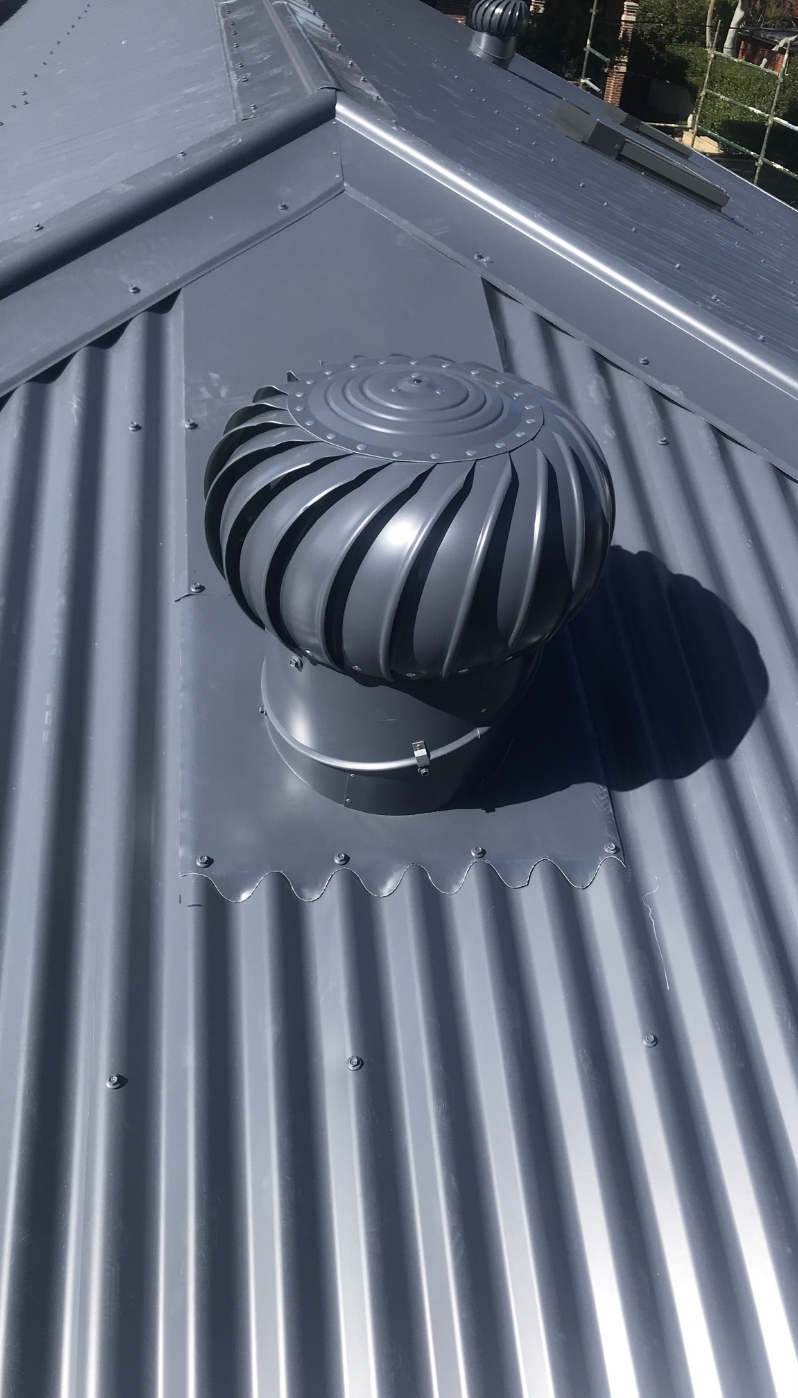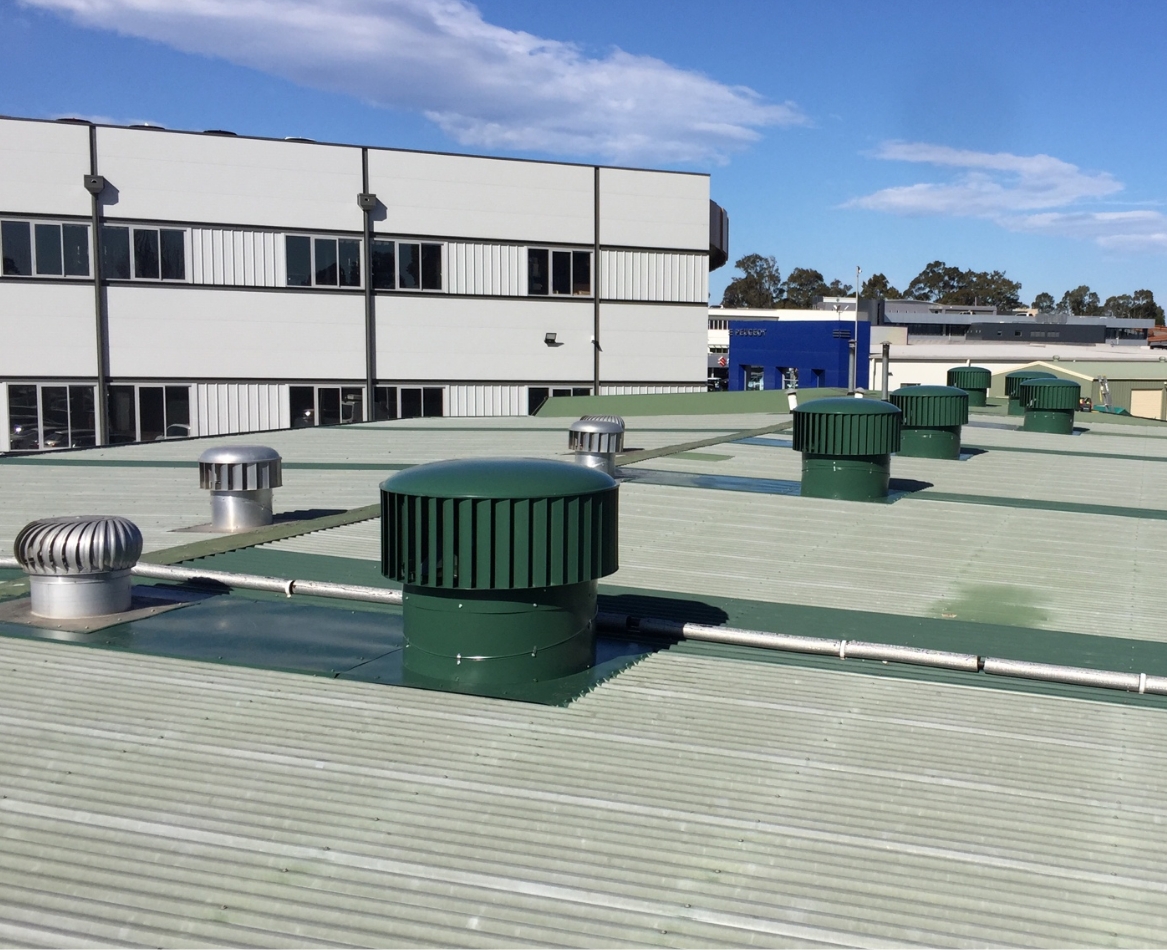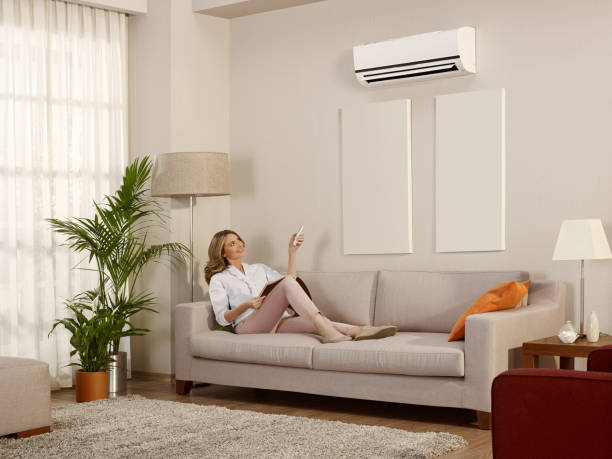The Importance of Ventilation in a Commercial Space
.jpeg)
While often associated with residential settings, the principles of creating a healthy indoor environment extend critically to any commercial space. When we talk about Natural Skylights & Ventilation for well-being, we must also consider the fundamental role of proper ventilation in commercial settings. It's not just about comfort; it's about indoor air quality, employee productivity, and compliance with health and safety regulations.
The Hidden Dangers of Stale Air
Have you ever walked into a commercial building and felt a bit stuffy or noticed a lingering odor? This is often a sign of poor ventilation. When a ventilation system is inadequate, stale air accumulates, leading to poor indoor air quality. This isn't just unpleasant; it can have serious repercussions.
Indoor air pollutants from various sources – including cleaning products, office equipment, and even building materials – can build up. High levels of carbon dioxide, a byproduct of human respiration, can also accumulate. Over time, inadequate ventilation can contribute to respiratory issues among occupants and even lead to what's known as sick building syndrome, where building occupants experience acute health and comfort effects that appear to be linked to time spent in a building, but no specific illness or cause can be identified.
The Power of Proper Ventilation
So, what does proper ventilation achieve? At its core, it ensures a continuous exchange of indoor air with fresh air from outside. This is vital for diluting and removing air pollutants, maintaining optimal temperature and humidity levels, and creating a truly safe and healthy environment.
There are two primary approaches to commercial ventilation:
- Natural Ventilation: Where possible, leveraging the design of a commercial building to allow for natural air flow. This can involve strategically placed windows, vents, and atriums to draw outdoor air in and push stale air out. While excellent for energy efficiency and helping to reduce energy costs, its effectiveness can be limited by external weather conditions and building design.
- Mechanical Ventilation: This is where commercial ventilation systems truly come into play. Mechanical ventilation systems actively pull fresh air into the space and exhaust stale air, often working in conjunction with heating and cooling systems like air conditioners or air conditioning systems. Modern ventilation systems often incorporate advanced air filters to trap pollutants, ensuring cleaner air distribution.
Beyond Basic Air Conditioning: Enhancing Air Quality
It's important to differentiate between air conditioning systems and dedicated ventilation systems. While air conditioners can manage temperature and humidity levels, they don't inherently provide sufficient fresh air exchange. For optimal air quality and a truly healthy and productive environment, a comprehensive ventilation system is indispensable.
Good ventilation systems actively work to improve air quality, which in turn can enhance employee productivity. A comfortable, well-ventilated space helps prevent drowsiness and improves concentration. Furthermore, by optimizing air quality, businesses can comply with crucial safety regulations and demonstrate their commitment to the well-being of their staff and customers.
The Business Benefits of Good Ventilation
Investing in the right ventilation system for your commercial space isn't just a regulatory necessity; it's a smart business decision. Effective ventilation systems can:
- Reduce energy costs: While mechanical systems consume power, a well-designed and regularly maintained system can be highly energy-efficient. Some systems even incorporate heat recovery, further optimizing energy consumption.
- Improve employee productivity: A healthy and productive environment directly impacts the bottom line.
- Enhance brand reputation: Demonstrating a commitment to excellent indoor air quality speaks volumes to clients and employees alike.
- Ensure regulatory compliance: Avoiding penalties and legal issues related to workplace ventilation.
To ensure your commercial ventilation system continues to provide good ventilation and maintain optimal air quality, regular maintenance is key. This includes cleaning or replacing air filters and checking the functionality of all components.
In conclusion, for any commercial building, understanding the importance of ventilation is paramount. It's an essential element of creating a comfortable, safe and healthy environment that supports successful business operations and contributes to a truly productive environment.


